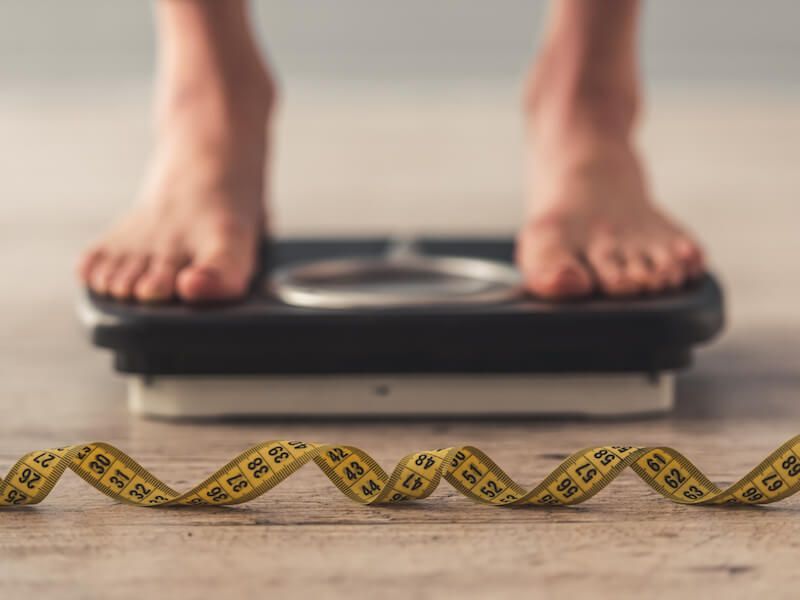How Your Weight Impacts Your Hearing

There are plenty of health reasons to stay in shape, but did you know weight loss supports improved hearing?
Studies have demonstrated that exercising and eating healthy can reinforce your hearing and that individuals who are overweight have an increased chance of suffering from hearing loss . Learning more about these associations can help you make healthy hearing decisions for you and your family.
Obesity And Adult Hearing
Women had a higher risk of developing hearing loss, according to a study done by Brigham And Women’s Hospital, if they have a high body mass index (BMI). The connection between body fat and height is what BMI measures. The higher the number the higher the body fat. The higher the BMI of the 68,000 women in the study, the higher their hearing impairment amount. The heaviest individuals in the study had a 25% greater instance of hearing loss.
Another reliable indicator of hearing loss, in this study, was waist size. Women with bigger waist sizes had a higher risk of hearing loss, and the risk got higher as waist sizes increased. And finally, incidents of hearing loss were lower in individuals who engaged in regular physical activity.
Obesity And Children’s Hearing
A study on obese versus non-obese teenagers, conducted by Columbia University Medical Center, determined that obese teenagers were twice as likely to experience hearing loss in one ear than teenagers who were not obese. Sensorineural hearing loss, which occurs when the delicate hair cells in the inner ear are damaged, was common in these children. This damage resulted in a decreased ability to hear sounds at low frequencies, which makes it difficult to understand what people are saying in crowded places, such as classrooms.
Hearing loss in children is particularly worrisome because kids frequently don’t realize they have a hearing problem. If the problem isn’t dealt with, there is a risk the hearing loss might get worse when they become adults.
What is The Connection?
Obesity is related to several health issues and researchers suspect that its connection with hearing loss and tinnitus lies with these health problems. High blood pressure, poor circulation, and diabetes are all linked to hearing loss and are frequently caused by obesity.
The sensitive inner ear contains various delicate parts such as nerve cells, small capillaries, and other parts which will quit working efficiently if they aren’t kept healthy. It’s essential to have strong blood flow . This process can be hindered when obesity causes constricting of the blood vessels and high blood pressure.
Decreased blood flow can also damage the cochlea, which accepts sound waves and sends nerve impulses to the brain so you can recognize what you’re hearing. Damage to the cochlea and the surrounding nerve cells usually can’t be reversed.
Is There Anything You Can do?
Women who stayed healthy and exercised frequently, according to a Brigham and Women’s Hospital study, had a 17% reduced likelihood of developing hearing loss in comparison with women who didn’t. You don’t have to run a marathon to decrease your risk, however. The simple routine of walking for at least two hours each week can decrease your chance of hearing loss by 15%.
Beyond losing weight, a better diet will, of itself, help your hearing which will benefit your entire family. If you have a child or grandchild in your family who is obese, talk about steps your family can take to promote a healthier lifestyle. You can teach them exercises that are fun for kids and work them into family get-togethers. They may do the exercises on their own if they enjoy them enough.
Consult a hearing professional to figure out if any hearing loss you might be experiencing is related to your weight. Better hearing can be the result of weight loss and there’s help available. This individual can do a hearing exam to confirm your suspicions and advise you on the measures necessary to deal with your hearing loss symptoms. A regimen of exercise and diet can be suggested by your primary care doctor if necessary.


